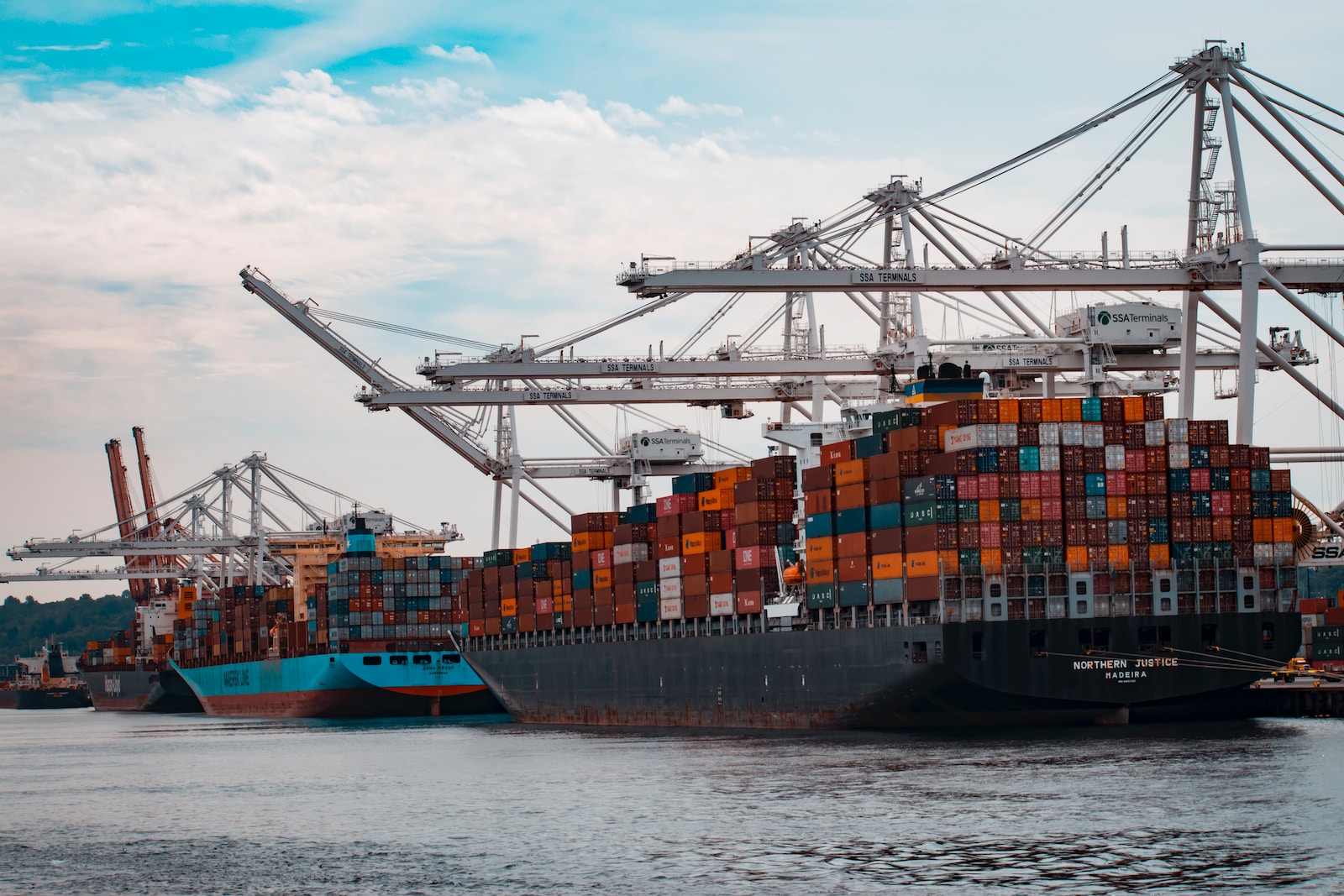Exporting is crucial to the British economy, and according to the British Chambers of Commerce (2016) over a third of UK businesses actively export goods and services. BCC also points out that UK businesses wishing to export face many barriers, challenges and obstacles. Of these, the one most frequently cited is language, with around half of businesses saying that language barriers dictate their export policies. The UK is notoriously lacking in language skills, with 96% of businesses surveyed reporting no foreign language ability in the export markets they serve. Only 0.4% were sufficiently fluent in Russian or Chinese to conduct business in those languages.
To improve the UK’s export and international business performance we therefore need to improve our language skills or utilise the skills of a good translation agency. Using a UK-based translation agency will further boost our economy of course…but which languages are the most important? Here we look at a range of indicators including current export markets, GDP and growth, emerging markets, and business requirements as stated by business owners. From these the top ten export languages have been selected along with a list of additional languages to look out for that could become increasingly important in the future.
UK export markets
In 2015 UK exports were £133.4 billion to the EU countries and £171.5 billion outside the EU. The main importers of UK goods and services are shown in Figure 1.
Figure 1. Top UK importers

Considering just those countries where English isn’t the first language, Figure 2 shows how UK export markets have developed between 2008 and 2015. Although it doesn’t appear in the Office for National Statistics data for this time scale, other sources indicate that Russia is also an important UK export market.
Figure 2. UK exports 2008–2014 (£million)

There have been significant shifts in the relative importance of these markets. For instance, while China was ranked as the seventh most important export market in 2008, by 2015 it had grown to become the third most important, and there are good reasons to expect that the growth will be maintained. Exports to Saudi Arabia have also shown significant growth. It should also be pointed out that the erratic behaviour seen in the figures for Switzerland is almost certainly statistical noise; if the 2012 trough and 2013 peak are averaged the curve shows a steady trend.
Based on these factors alone, the most important UK export languages currently are those shown in the table below:

UK business indicators
While headline export markets are certainly an important factor in deciding the most important export languages, they aren’t the only consideration. For instance, the Confederation of British Industry (2013) carried out a survey into UK business language requirements as part of its overall aim to identify shortfalls in the current skills landscape of young people compared with business needs.
The report highlighted the importance of breaking into and succeeding in high growth export markets and suggested that this was hampered by the UK’s notorious lack of language skills. European languages were considered to be the most important, though Chinese languages, Arabic, Russian and Japanese were also considered useful. Figure 3 shows the order of importance of the various languages along with the percentage of firms that said that skills in the specific language would be useful to their organisation.
Figure 3: The importance of language to business needs

The changing landscape
While current export markets and business needs are important indicators, they are both snapshots of the current situation. It is also important to look further ahead and consider how export markets might develop in the future. Two indicators to consider are the world’s fastest growing economies and emerging markets
The fastest growing economies
Currently India is one of the world’s fastest growing economies with the country’s latest GDP figures indicating that it has grown by 7.6% in the year ending March 2016. Although around 120 major languages and over 1,500 other languages are spoken there, the most common language is English, so the country’s current growth doesn’t influence our language selection. However, this doesn’t apply to some of the world’s other rapidly growing economies. According to figures sourced from the IMF (2016), the fastest growing economies are shown in Figure 4.
Figure 4: The world’s fastest growing economies
[spacer height=”20px”]

The official languages spoken in these countries are shown below. While many of these economies speak English, French or Arabic, the other languages include Myanmar, Dzongkha, Khmer and Bengali, which are likely to become increasingly important to UK exporters seeking to do business in these regions.

Emerging markets
The current major emerging markets are India, China, Russia, Latin America, Mexico and Brazil. Most of these are growing strongly and have been included in the preceding sections, however what about Mexico, Latin America and Brazil? While Brazil is unlikely to grow in 2017, Mexico and Latin America are expected to grow by 2.5% and 1.5% respectively. As these regions speak Spanish or Portuguese, the only shift to the importance of export languages is an increased emphasis on these two languages.
Conclusions
In selecting the UK’s top ten export languages a range of economic factors including current export markets, GDPs and future growth, and stated current business needs have been considered.
Future proofing
There are also several other languages you might keep your eye on as having the potential to become increasingly important in the future. These are (not in any order):
- Polish – spoken by 39 million people
- Korean – spoken by 80 million people
- Myanmar – spoken by 32 million people
- Khmer – spoken by 13 million people
- Bengali – spoken by 120 million people







